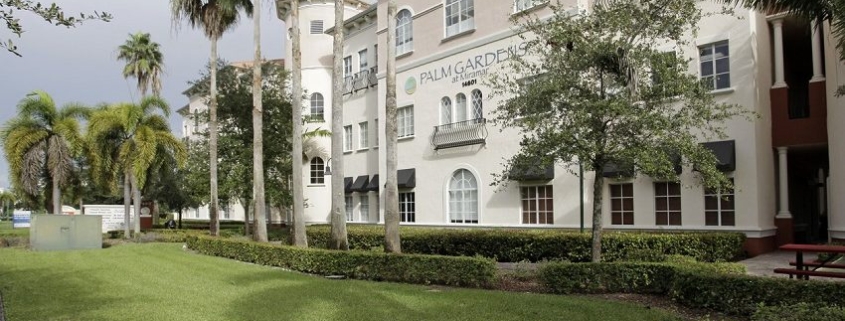U.S. medical office building sales continued in an upward trend through the fourth quarter of 2019 and into 2020, driven by steady M&A activity within the healthcare market, says Cleveland-based Brown Gibbons Lang & Company (BGL).
Total MOB sales reached $11.2 billion in 2019, marking the fifth consecutive year that sales surpassed $10 billion and the third successive year topping $11 billion.
“The 2019 tally underscores the fact that medical office properties remain a core asset class,” says BGL. “Demographic and healthcare industry trends are firmly entrenched and forecasted to persist, supporting long-term demand for medical office space.”
Q4 2019 saw a total of 379 MOB deals valued at $4.3 billion, representing a 20% increase in transaction value. The average price per square foot decreased by 8% to $274 per square foot. The cap rate remained unchanged to 6.6%, pushing the 12-month average to 6.6%—a marginal contraction from from 6.7% over the previous 12-month average.
Based in Chicago, MB Real Estate (MBRE) emerged with a 29% share of acquisition volume in the Southeast market and a 12% share nationally in Q4 2019, according to BGL. MBRE’s reach in the Southeast was underscored by the purchase of 900 Village Square Crossing in Palm Beach Gardens, Florida..
Completed in 2012, the two-story, multi-tenant building with 38,944 rentable square feet was acquired from Prestige for approximately $381 per square foot, which is 15% and 23% above the regional and national averages, respectively.
“While sales volume is down year-over-year, pricing remains strong across medical office investments as investors seek to take advantage of continued strength in the U.S. economy,” says BGL. “We continue to see strong demand for medical office assets from public and private REITS as well as private equity and foreign capital investors. Major players dominated M&A activity throughout 2019, which is likely to continue; however, new investors are entering the marketplace, which is setting the stage for a busy first half in 2020,” according to BGL’s report. It also cites a fact that bears repeating: “U.S. healthcare jobs outpaced nearly every other sector during 2019.”
Source: Connect Media




